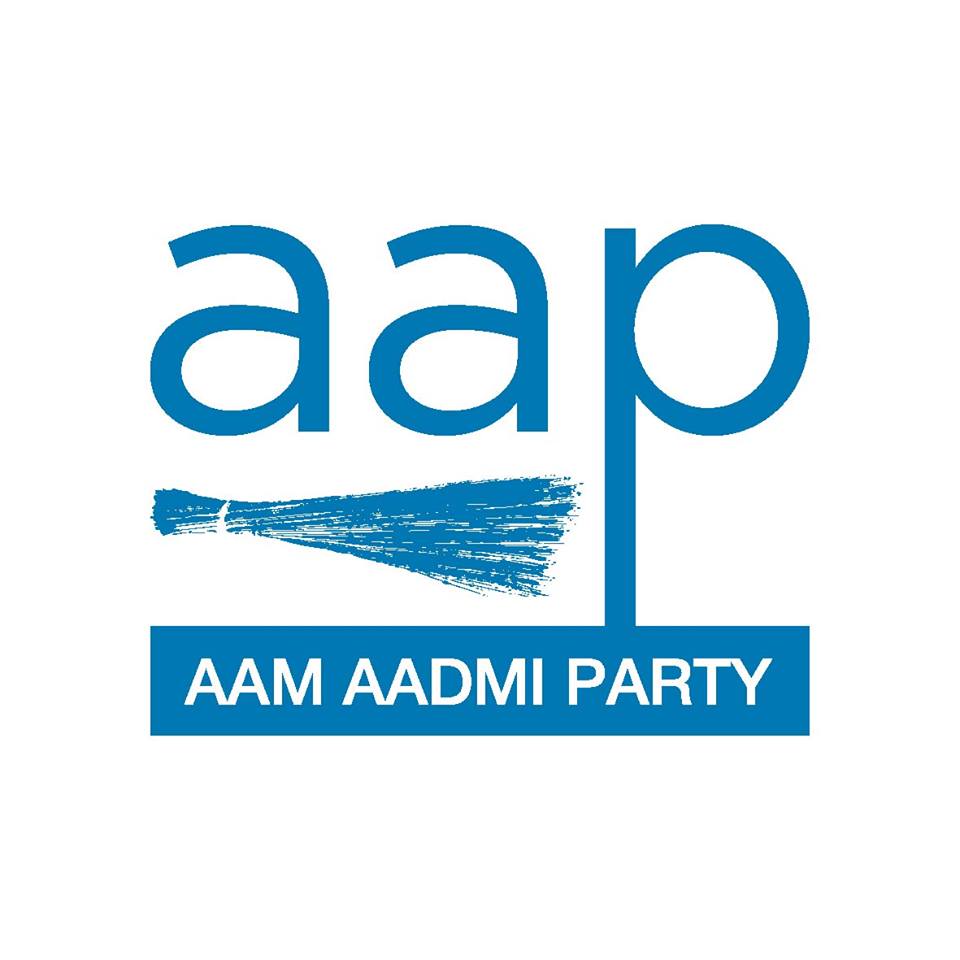The Delhi Jal Board will adopt the latest technology to tackle water-contamination in the areas facing the problem. Chief Minister Shri Arvind Kejriwal chaired a crucial meeting on Friday to review the pressing issue of water contamination that is being faced in some areas of Delhi. The meeting was held with a special focus on the impact during the monsoon season and how the Delhi Jal Board (DJB) aims to deal with it. The meeting was attended by Water Minister Shri Saurabh Bhardwaj, DJB Vice Chairman Shri Somnath Bharti, and senior officials of the DJB.
During the meeting, the CM noted that in the monsoon season, the low-lying areas of Delhi often face water logging due to incessant rains. This unfortunate situation leads to water contamination in certain areas, as impurities somehow infiltrate the water supply through defects in the supply pipeline. As a result, residents are exposed to several health concerns, including jaundice, diarrhoea, and stomach infections.
Earlier, in response to the severity of the situation, Chief Minister Shri Arvind Kejriwal had directed the Additional Chief Engineers (Maintenance) (ACE-M) from all zones to compile a comprehensive list of areas affected by water contamination. Over the past two weeks, the ACE-Ms actively engaged with Members of the Legislative Assembly (MLAs) to gather information and document the affected areas.
Delhi Jal Board has developed a strategic roadmap to combat the problem of water contamination. This roadmap was presented to the Chief Minister during the review meeting today.
In line with the government’s commitment to utilising modern technology, CM Shri Arvind Kejriwal directed the DJB to adopt cutting-edge techniques to identify the root causes of water contamination.
To address pipeline defects, which may include cracks or gaps in tappings allowing the entry of impure water, officials suggested the use of helium-based tracking methods. Helium-based tracking eliminates the need for excavation or any other obstruction, making it a non-disruptive and efficient solution. Additionally, the DJB proposed the deployment of special cameras that can be inserted into the pipelines. These high-tech cameras are capable of detecting leaks or breakages within a range of up to 500 metres.
Implementing these advanced solutions will allow for prompt spot repairs to the pipelines, ensuring uninterrupted and clean water supply to consumers while avoiding inconvenience. Recognizing the significance of this initiative, the DJB has requested a specific budget allocation.
Taking cognisance of this request, Chief Minister Shri Arvind Kejriwal has directed the Delhi Jal Board Chairman Shri Saurabh Bhardwaj to include the necessary provisions in the forthcoming budget calculations. The CM said, “We will ensure that there is no shortage of funds for providing clean and clear water to the people of Delhi, this plan should be implemented quickly and in a better way.” The CM has also directed the DJB to cross-examine and verify the localities it has listed out under its survey of those receiving contaminated water supply.

